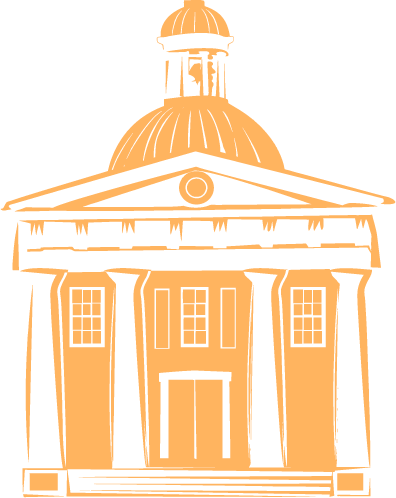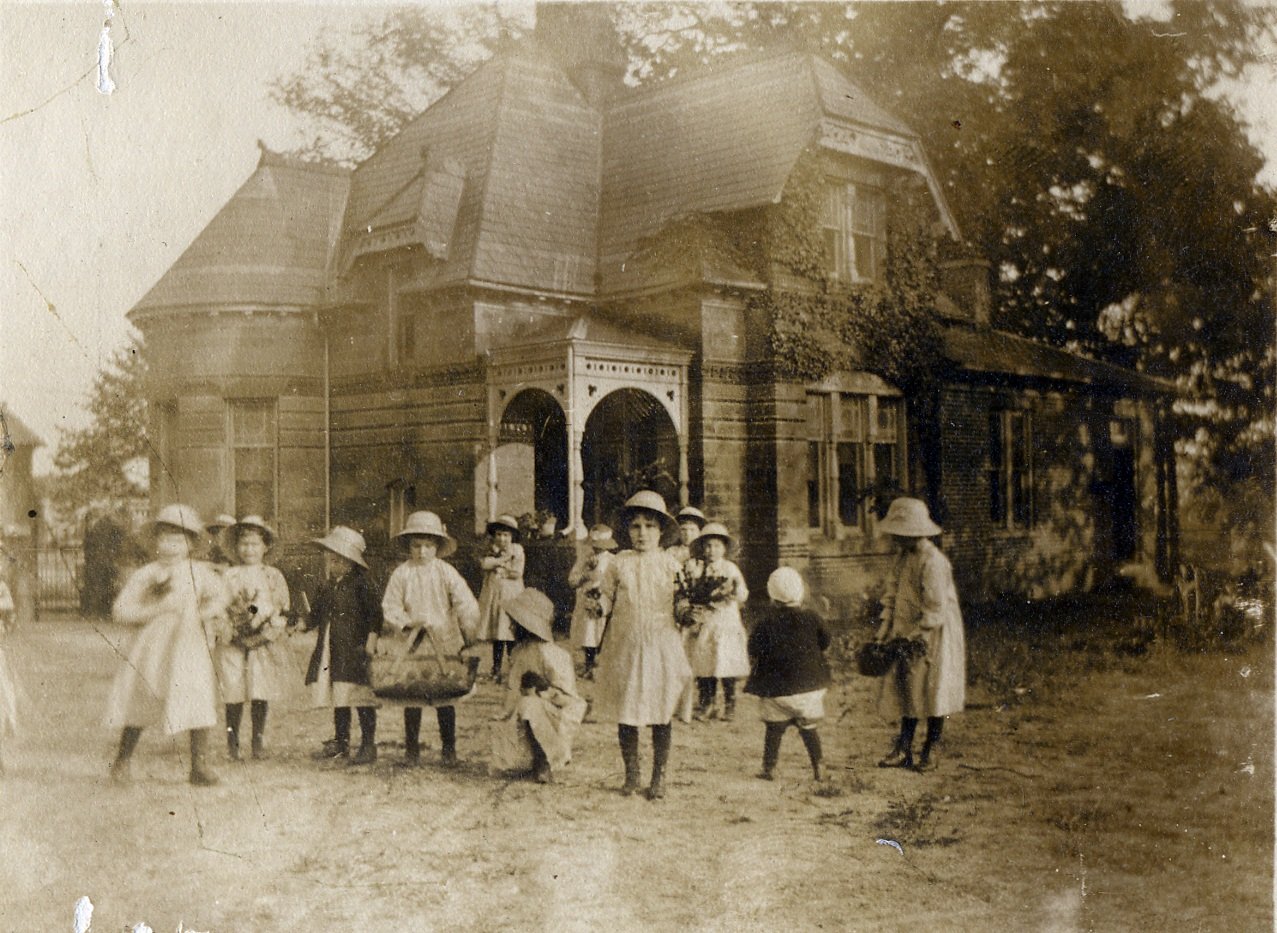George L. Wilkinson (1917–1984) was a beloved mail carrier and Boy Scout troop leader in Lynchburg for 30 years. He lived at 604 Harrison Street with his wife and two sons.
Read MoreThe Lynchburg Museum’s Art & Artisans gallery has recently been updated with a new exhibit highlighting a selection of works in local artistry and craftsmanship ranging from portraits to purses to foundry-cast ducks. The exhibit includes objects of both visual and historic interest and celebrates some of Lynchburg’s most notable artists, craftspeople, and industries, including the Virginia Art Goods Studios.
Read MoreIn Lynchburg, Virginia, the United Way began in 1921 when the Lynchburg Chamber of Commerce and American Home Economics Association worked to create the Lynchburg Community Chest. The centennial anniversary of the United Way of Central Virginia in Lynchburg began in 2021, and October 2022 marks the organization’s one hundredth campaign.
Read MoreJohn Chilembwe was a seminal figure in Malawian history and indeed a well-known Pan-African. He was a man with a simple background who had great dreams and hope for change. Chilembwe is well known in Africa as someone who worked to overthrow colonialism and started the movement toward Independence in Malawi. Because of John Chilembwe, most people in Malawi know of Lynchburg, Virginia…
Read MorePopular stories from the past such as Charles Dicken’s Oliver Twist and the familiar 1977 Broadway musical Annie, based on the 1924 comic strip Little Orphan Annie by Harold Gray, remind us that orphanages were found often in history, and not in a very positive light. Orphanages were essential immediately after epidemics such as cholera 1832, diphtheria 1906, typhoid in 1907, measles in 1912, or influenza 1918.
Read MoreOn Tuesday, March 27th, 1962, Dr. Martin Luther King, Jr. visited Lynchburg as part of his People-to-People tour of the South, which aimed to increase voter registration among Black Americans. Dr. King was also to give a speech that evening at E.C. Glass High school. He visited Diamond Hill Baptist Church, The Lodge of the Fishermen, Anne Spencer's home, and The Mecca Restaurant, in addition to going door-to-door to register voters. This blog goes into detail about each location and when Dr. King visited them.
Read MoreWomen were integral to the Civil Rights Movement in the United States in the 1950s and 60s. They were protesters, educators, organizers, lawyers, and leaders. History remembers national figures like Fannie Lou Hamer, Dorothy Height, and Angela Davis, but local women were just as important to the movement. Throughout the South, including Lynchburg, women protested segregation by organizing sit-ins, participating in protests, and leading school integration initiatives.
Read MoreWhile Black spiritual traditions predate Lynchburg’s founding by centuries, organized religion among the recently-emancipated Black residents of Lynchburg formed soon after the end of the Civil War. As Black Christians practiced their faith apart from the white gaze, they built church congregations based on spiritual development, political advocacy, social change, and familial bonds.
Read MoreHave you ever wondered about the early years of Lynchburg’s all Black high school Dunbar? You might have heard or seen the name C.W. Seay before in correlation to Dunbar High, but do you recognize the name James W. Mozee? William F. DeBardeleben?
Read MoreDuring the past two years, museums and other educational institutions have had to change the way that we reach students and school-aged visitors. Earlier this year the Lynchburg Museum System connected with 6th-grade students from Paul Laurence Dunbar Middle School for Innovation to educate them on the history of their school and its namesake.
Read MoreIn December 1905, David Kobre left Russia and boarded a ship in Hamburg, Germany, sailed to Liverpool, England, then finally arrived in Philadelphia, Pennsylvania, in January 1906. His wife, Fannie Mary Golub, and their three children would join him four years later.
Read MoreIn the swampy marshes and low rolling hills of eastern Europe, Ashkanazi Jews had a place where they could live in relative peace and isolation. They led orthodox lifestyles in their enclaves dotting the plains of Polesia and straddling the banks of the Mukhavetes River.
Read More












